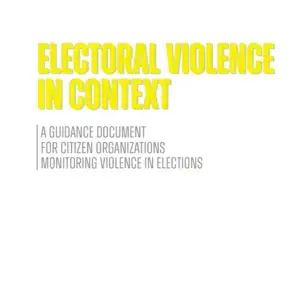A partisan boycott threatened Albania’s 2017 parliamentary elections until an internationally brokered agreement paved the way for the opposition’s participation in the vote on June 25. The incumbent Socialist Party (SP) of Prime Minister Edi Rama won a single-party majority, with 74 seats in the 140-seat parliament. The opposition Democratic Party (DP), led by former Tirana mayor Lulzim Basha, suffered a loss in votes, and returns to parliament with 43 seats. The SP’s former coalition partner, the Socialist Movement for Integration (SMI) – previously led by Ilir Meta who, since the elections, has become Albania’s president – increased its seats to 19, and will move to opposition. The election was conducted in a calm atmosphere despite the crisis preceding it. Alleged vote buying and voter intimidation were reported by nonpartisan citizen election observers and international monitors.
As a candidate for European Union (EU) membership since 2014 and NATO member since 2009, Albania has taken steps to reform its judiciary to improve its fight against corruption and organized crime. It has undertaken reforms to ‘de-criminalize’ politics by prohibiting those with criminal records from holding public office. However, EU accession negotiations were delayed as a critical first step in the judicial reform process—the vetting of judges and prosecutors—fell prey to partisan squabbling prior to the elections. Other reforms needed to advance Albania’s EU bid, including public administration reform, also stalled in the period prior to elections.




